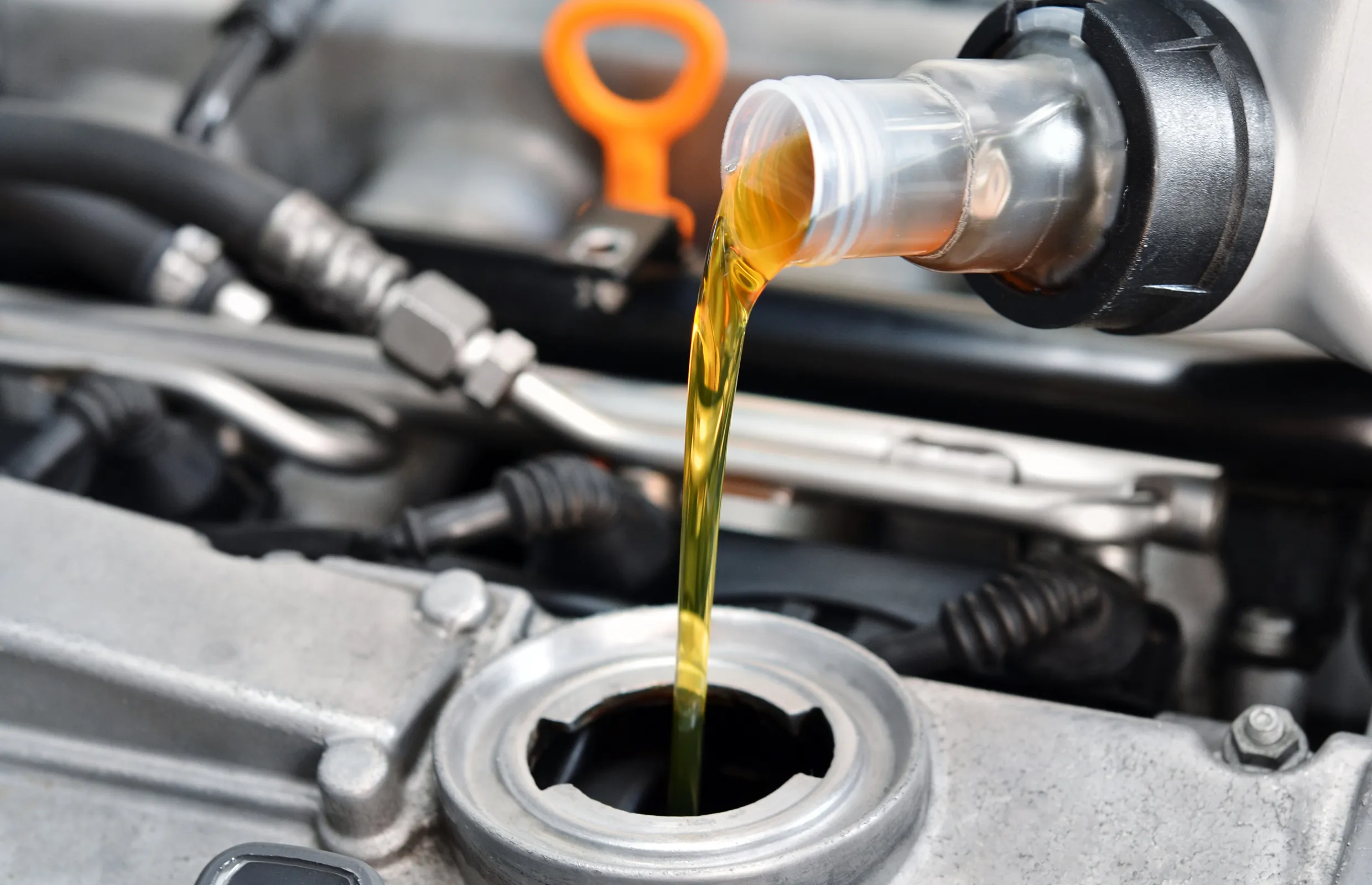Have you ever wondered, ‘How many fluids are in a car?‘ Well, you’re not alone. It’s a question many car owners ask. In this article, we’ll demystify the world of vehicle fluids. From engine oil to brake fluid, we’ll break it all down for you, ensuring your car stays in tip-top shape. Let’s get started!
How Many Fluids Are in a Car?
When it comes to caring for your car, fluids play a vital role. They lubricate, cool, and protect various components to ensure your vehicle runs smoothly. Here, we’ll discuss the different types of fluids commonly found in cars and their significance.
- Engine Oil: One of the most critical fluids in your car is engine oil. It lubricates the engine’s moving parts, reduces friction, and prevents overheating. Regular oil changes are essential to keep your engine running efficiently.
- Transmission Fluid: Transmission fluid ensures the smooth operation of your car’s transmission. It aids in gear shifting and provides cooling. It’s vital to check and change this fluid as recommended by your vehicle’s manufacturer.
- Coolant: Coolant, also known as antifreeze, keeps your engine from freezing in cold temperatures and prevents it from overheating in hot weather. Maintaining the proper coolant level is crucial for engine health.
- Brake Fluid: Brake fluid is essential for your car’s braking system. It transfers the force from the brake pedal to the brake calipers, allowing you to stop safely. Regular checks ensure your brakes work correctly.
- Power Steering Fluid: Power steering fluid assists in making steering easier. It’s essential for effortless maneuvering. Low or contaminated power steering fluid can lead to steering problems.
- Windshield Washer Fluid: While not directly related to the car’s engine, windshield washer fluid is vital for clear visibility. Always keep your reservoir topped up for safe driving.
- Differential Fluid: Differential fluid lubricates the gears in the differential, allowing your wheels to rotate at different speeds when turning. Neglecting this fluid can lead to costly repairs.
- Fuel: Fuel is the lifeblood of your car. It powers the engine and allows your vehicle to move. Keep an eye on your fuel gauge to avoid running out of gas.
Why The Vehicle Fluid Maintenance is Essential?
Regularly maintaining your car’s fluids is vital. It helps keep your vehicle running smoothly and avoids costly repairs in the future. Ensuring that your car’s fluids have the right levels and quality is crucial. It guarantees the efficient operation of your car’s essential systems. This, in turn, extends the lifespan of your vehicle.
Dan’s Auto Center Services
Since 1989, Dan’s Auto Center has been the trusted choice for auto repair and maintenance in the Lake Oswego community. Their team of ASE-certified Master Technicians undergoes continuous training to stay up-to-date with the latest advancements in automotive technology. With extensive knowledge, a thorough approach, and affordability, they deliver outstanding value to their valued customers.
Their comprehensive range of services includes:
- Brake Repair
- Engine Repair
- Oil Change
- Scheduled Maintenance
- Transmission Repair
- Check Engine Light Diagnostics & Repair
- Radiator Repair
- Timing Belt Replacement
Conclusion
Understanding how many fluids are in a car is essential for maintaining a smooth and trouble-free ride. Regular fluid maintenance is the key to ensuring your vehicle’s vital systems operate efficiently, extending its lifespan. So, remember to keep an eye on these essential fluids to enjoy worry-free driving.
